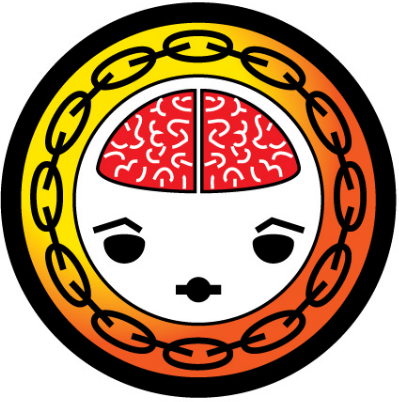Right now, at Supply Chain Insights, we are in production mode. The team is busy working on the execution of the Supply Chain Insights Global Summit. In two weeks, we will be hosting our first event at the Phoenician in Scottsdale, AZ. Anyone that has put on a conference, understands the pressure.
As I prepare speakers, facilitate pre-meetings with the panels and answer questions, I am getting excited. I strongly believe that we need to rewire our mental models to win in the Race for Supply Chain 2020. I am more and more convinced that supply chain leaders need to challenge the status quo. At the conference, the discussion will not be about the supply chain world that we know; instead, it will be about the supply chain that could be. The discussions will focus on themes like:
- A Shift from Efficient Sickness to Health & Wellness. Today, I interviewed the healthcare panel for the conference. It includes a specialist on 3-D cell tissue regeneration/3-D printing, a thought leader on healthcare integration and the head of the American Nurses association. We had a fascinating discussion about the future of healthcare. It is rapidly evolving to use the Internet of Things to sense health and wellness at the patient’s home, to manufacture organs and tissue and custom drugs locally on an as-needed basis, and to better connect case records and usage data through inter-enterprise systems of record. The change is not an evolution. It is a revolution. It is time to challenge the long, inflexible supply chain that carries three times the level of inventory and is unable to be responsive in a time of need. In the words of Annette Pummel, chair of AHRMM BOD, “We need to aggressively design to drive patient-based outcomes.” Affordable healthcare does not give us time to wait. It cannot be a gradual change. I think that new answers lie in rewiring our mental models.
- Flexible Manufacturing. Yesterday it was the panel on digital manufacturing, where we discussed the use of 3-D printing and the Internet of Things to improve manufacturing productivity and flexibility and transform manufacturing. Nine out of ten supply chain leaders are stuck. They are unable to power growth, profitability and reduce cycles due to the increase in complexity. Does the redesign of manufacturing to use these new technologies offer promise? I think so.
- Systems that Sense and Learn. On Monday it was a discussion on Big Data transformation. The discussion was on the adoption of advanced analytics and new forms of data. Advanced analytics enable process innovation of outside-in processes to use and translate customer data in new ways. I am very excited about learning systems and new forms of visualization and analytics. Will supply chains in the next five years sense and learn while we sleep? I believe so.
- Supply Chains that Are Saving the Planet. Corporate social responsibility programs are now six years old. For many companies that is lip service, but for many they are quickly fusing CSR into the brand promise, becoming the essence of the company. I love what Unilever and Starbucks are doing on the redesign of the supply chain to do no harm. As an environmentalist, I believe that supply chain leaders can make a difference. I am excited about the case studies and the evolution of corporate social responsibility processes. Can they make a difference? I say, ABSOLUTELY!
If you cannot make it, please watch the live broadcast. We will archive it for a period of six months to enable you and your teams to think about the work that lies in front of us. It is exciting. One thing is for sure, this will not be a YADA, YADA conference.






